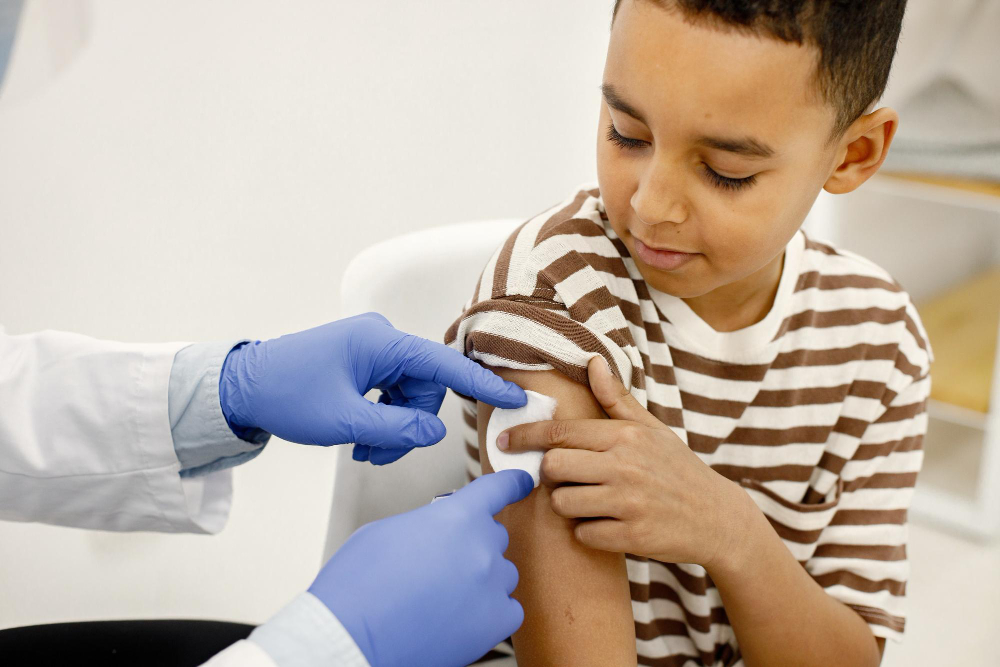Introduction to Childhood Vaccinations
Vaccinations in children help protect young ones from serious diseases. These vaccines train the body to fight infections before kids get sick. As a result, children stay healthier and avoid many dangerous illnesses. In fact, following the childhood vaccination schedule is one of the best ways to keep your child safe. Parents often ask, “Why vaccinate children?” The answer is simple: vaccines save lives and prevent outbreaks.
Common Vaccines for Children
Children receive several important vaccines during their early years. Each vaccine targets a specific disease. Below are some of the most common vaccines recommended for kids:
Doctors may recommend other vaccines based on your child’s health or travel plans.
Childhood Vaccination Schedule
Following the childhood vaccination schedule is important for full protection. The Centers for Disease Control and Prevention (CDC) and World Health Organization (WHO) provide clear guidelines. Here is a general outline:
Some countries may have different requirements. Therefore, always check with your local health provider.
Benefits of Vaccinating Children
Vaccines offer many health benefits. First, they protect your child from serious diseases. Second, they help stop the spread of illness in the community. This is called herd immunity. When most people are vaccinated, even those who cannot get shots are safer. For example, babies too young for some vaccines depend on others for protection. In addition, vaccines can prevent hospital stays and long-term health problems.
Vaccine Safety and Side Effects
Many parents worry about vaccine safety for kids. However, vaccines are tested for safety before approval. Health experts like the CDC and WHO monitor vaccines closely. Most side effects are mild and go away quickly. Common side effects include:
Serious side effects are very rare. If you notice anything unusual, contact your doctor right away. Overall, the benefits of vaccines far outweigh the risks.
Myths vs. Facts About Childhood Vaccines
There are many myths about vaccines. Let’s look at some common ones and the facts:
Trust reliable sources for vaccine information.
Prevention and Guidance for Parents
Keeping up with your child’s vaccines is important. Here are some tips for parents:
Additionally, check local school or daycare requirements for vaccines. This helps avoid delays or missed doses.
Conclusion
Vaccinations in children are safe, effective, and vital for good health. They protect your child and the community from serious diseases. For the best advice, consult your pediatrician for personalized vaccination guidance.
